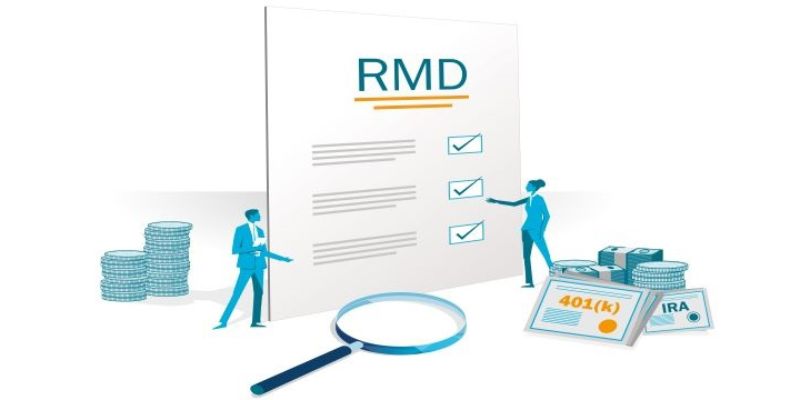What Are the Advantages of Leasing vs. Buying a Car?
When contemplating your next vehicular procurement, the conundrum of leasing vs. buying a car can be labyrinthine. Each modality proffers its own constellation of benefits and detriments, significantly impacting your fiscal situation and lifestyle predilections. This discourse elucidates the advantages of leasing vs. buying a car, accentuating various facets to assist you in rendering an enlightened decision.
Understanding Leasing vs Buying a Car
What is Car Leasing?
Car leasing entails the usufructuary occupation of a vehicle for a circumscribed duration, typically two to four years. At the lease term's outcome, you have the prerogative to return the automobile or procure it at a preordained price. Car leasing benefits frequently encompass diminished monthly payments, attenuated maintenance expenditures, and the opportunity to hijack a new car every few years.

What is Car Buying?
Procuring a car involves acquiring unequivocal ownership after remunerating the total purchase price, either in one lump sum or via financing. Car buying comparison typically accentuates the long-term parsimony and equity accrued through ownership. Nonetheless, the initial disbursements and protracted commitment can surpass those associated with leasing.
Advantages of Leasing a Car
Lower Monthly Payments
One of the primary car leasing benefits is the diminished monthly payments vis--vis buying. The monthly costs significantly decrease since you are essentially remunerating for the car's depreciation during the lease term. It can liberate liquidity for other financial obligations or investments.
Reduced Maintenance Costs
Leased vehicles are generally new or nearly new, meaning they are less susceptible to necessitating significant reparations. Additionally, many lease agreements incorporate maintenance packages, further mitigating out-of-pocket expenditures. This leasing vs buying car tip point can be particularly alluring for those who prefer a seamless and hassle-free driving experience.
Driving a New Car Every Few Years
Another salient car leasing benefit is the capacity to drive a new car every few years. It is ideal for individuals who luxuriate in their vehicles' latest technology and features. With leasing, you can perennially access the most contemporary models without the long-term encumbrance of ownership.
Advantages of Buying a Car
Long-Term Savings
When appraising leasing vs buying car tips, it is paramount to consider the long-term financial ramifications. Buying a car can be more economical in the long run since you will eventually possess the vehicle outright. Once the loan is amortized, you can enjoy years of driving sans monthly payments.
Building Equity
Car buying comparison often underscores the equity accrued through ownership. As you amortize your loan, you gain equity in the car, which can be utilized as a trade-in or liquidated for cash. Leased vehicles must be returned at the lease term's cessation.
Customization and Personalization
Ownership bestows complete autonomy to customize and personalize your vehicle. From augmenting aftermarket accessories to implementing performance upgrades, buying a car confers the flexibility to tailor it to your preferences. It is a substantial point in any car-buying comparison.
Factors to Consider
Mileage Limits
Leasing agreements typically impose mileage thresholds, which can be a detriment for high-mileage drivers. Exceeding these thresholds can engender exorbitant penalties. When contemplating leasing vs buying car tips, scrutinize your driving habits to ascertain if leasing is a pragmatic option.
Wear and Tear
Leased vehicles must be returned in pristine condition to avoid additional fees. However, if you anticipate significant usage or potential wear, purchasing might be a more prudent decision.
Financial Flexibility
Leasing can offer more excellent financial flexibility in the short term due to lower monthly payments. However, purchasing a car can provide long-term fiscal stability and the opportunity to amass equity. Evaluating these factors in a car-buying comparison will help you discern which option aligns more congruently with your financial objectives.
Residual Value and Depreciation
Understanding Residual Value in Leasing
One critical aspect of leasing vs. buying a car tips is understanding residual value. Car leasing benefits frequently include this predetermined future value, which can insulate you from significant depreciation vicissitudes.
Depreciation in Buying
Depreciation is an inexorable factor when you acquire a car. A vehicle diminishes in value over time due to attrition and market fluxes. Understanding depreciation is paramount in the context of a car-buying comparison.
Tax Implications
Tax Benefits of Leasing
Exploring leasing vs buying car tips necessitates consideration of tax ramifications. Leasing can provide fiscal advantages, particularly for business applications. Lease payments can often be deducted as a business expense, offering a financial benefit. This car leasing benefit can render leasing a more attractive option for entrepreneurs.
Tax Deductions for Buying
Conversely, buying a car also offers tax advantages. In a car-buying comparison, interest on car loans and depreciation can be deductible for businesses. These tax benefits alleviate some of the higher upfront costs of vehicle acquisition.
Insurance Considerations
Lower Insurance Costs in Leasing
An oft-overlooked car leasing benefit is the potential for attenuated insurance costs. Insurance premiums may be lower since leased cars are frequently new and endowed with advanced safety accoutrements. It can be a pivotal factor when evaluating leasing vs buying car tips.
Insurance for Owned Vehicles
Insurance premiums might be higher for those contemplating purchasing, especially if the vehicle is antiquated or lacks modern safety innovations. However, in a car-buying comparison, outright ownership can eventually lead to reduced insurance costs, as you can opt for diminished coverage levels once the loan is amortized.
End-of-Term Options
Lease-End Choices
Several options present themselves at the culmination of a lease term: returning the vehicle, purchasing it, or leasing a new one. This flexibility is a noteworthy car leasing benefit.
Ownership Longevity
In contrast, purchasing a car signifies indefinite ownership, bestowing the liberty to sell, trade, or retain the vehicle indefinitely. This car-buying comparison aspect can engender peace of mind and prolonged satisfaction.

Financial Stability
Budgeting with Leasing
Leasing can offer more predictable budgeting due to fixed monthly payments and included maintenance costs. This car leasing benefit can streamline financial planning. Leasing vs buying car tips often emphasize the budgeting ease associated with leasing.
Investment in Buying
Over time, as you amortize your loan, you gain unequivocal ownership, which can be a fiscal asset. This car-buying comparison point accentuates the potential for asset accumulation and long-term value.
Conclusion
The decision between leasing vs buying a car ultimately hinges on your requisites and financial circumstances. Car leasing benefits include diminished monthly payments, reduced maintenance costs, and the opportunity to drive a new car every few years. Conversely, car buying comparison accentuates long-term savings, equity accumulation, and the liberty to customize your vehicle.





